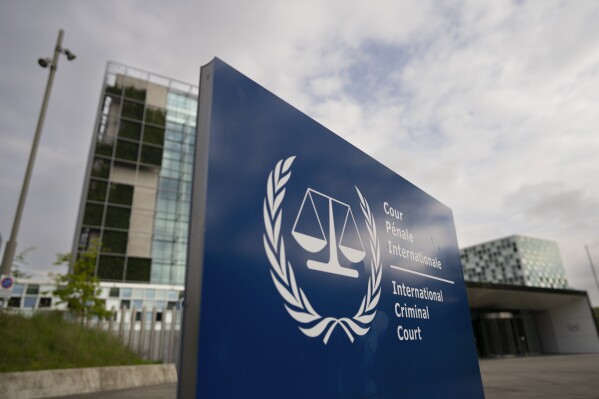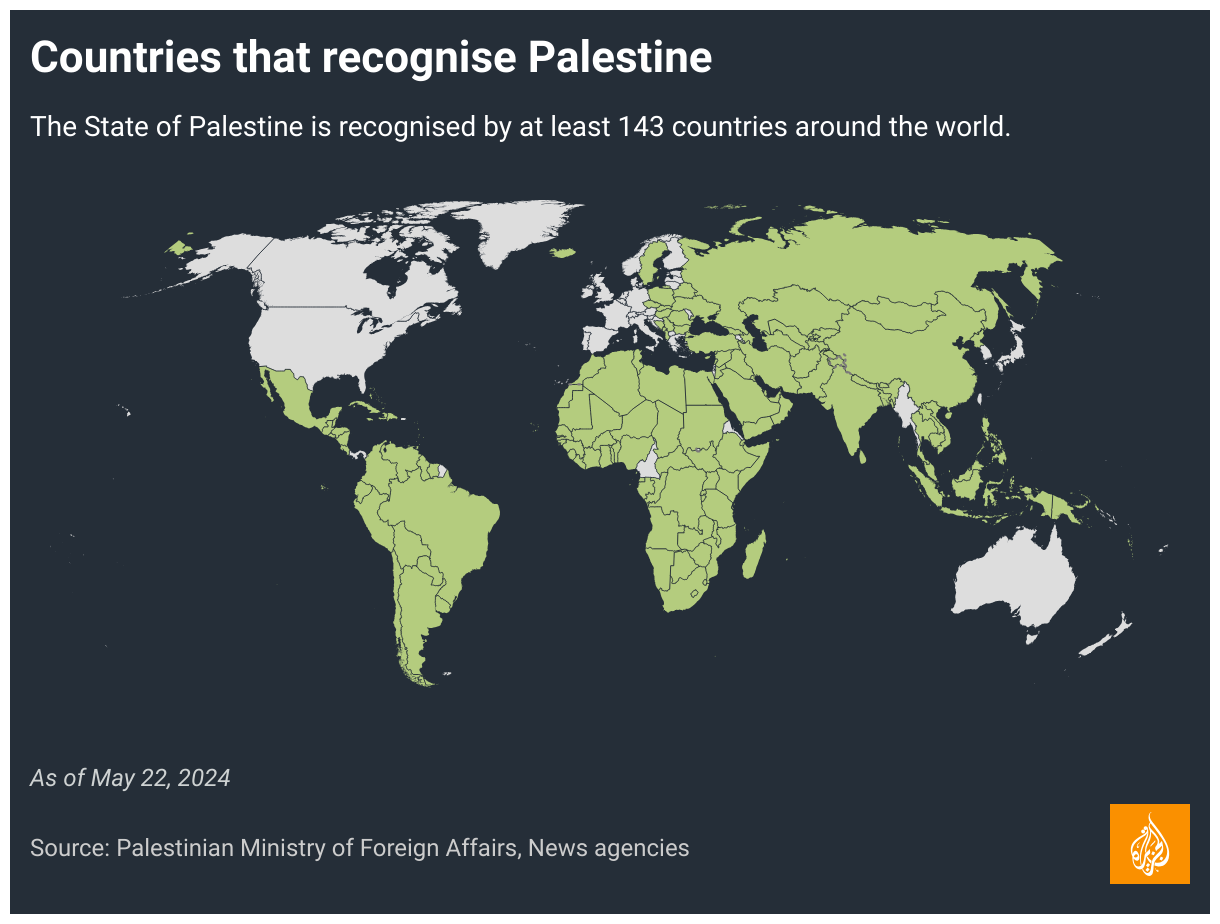Did Egypt Sabotage Israel-Hamas Ceasefire? What We Know
Egyptian intelligence secretly changed the terms of a ceasefire deal between Israel and Hamas that could have released Israeli hostages and Palestinian prisoners, CNN reported, citing unnamed sources.
Israel's bombardment of Gaza has raged for months, sparked by Hamas' brutal rampage in southern Israel on October 7 in which 1,200 people were killed and at least 250 were taken hostage.
Amid calls for a ceasefire, international pressure has been building on the government of Israeli Prime Minister Benjamin Netanyahu following Israel's attacks on Gaza that as of Thursday had killed at least 35,000 people, according to the Hamas-controlled health authorities there.
Who was involved and what was the deal?
After months of deadlocked talks, Egyptian negotiators flew to Israel at the end of April to discuss the framework to allow the release of Israeli hostages in return for a pause in hostilities and the release of Palestinian prisoners.
CNN reported that senior Egyptian intelligence official Ahmed Abdel Khalek, who is a senior deputy to Egyptian intelligence chief Abbas Kamel, reportedly told Hamas one thing and the Israelis another.
The news network said that more of the Palestinian group's demands were added to the deal to get its approval without informing the other mediators, critically Israel.
One demand reportedly was Israel's complete withdrawal from Gaza, although it is not clear if this was added to the agreement.
Hamas announced on May 6 that it had agreed to a ceasefire deal following a visit to Cairo, where mediation talks had been held with officials from Egypt and Qatar.
U.S. Secretary of State Antony Blinken said that the framework was "extraordinarily generous on the part of Israel" amid optimism it seemed willing to accept fewer hostages, release more Palestinian prisoners and allow Palestinians in the southern part of Gaza to return to the north unrestricted.
However, the terms of the deal were not what the Qataris or Americans thought had been submitted to Hamas for a final review, according to CNN.
The outlet said it had obtained a Hamas document outlining the version of the deal they had agreed to which included a permanent ceasefire and a "sustainable calm" for the second phase of the three-stage deal.
Israel is reluctant to discuss an end to the war before Hamas has been defeated and the remaining hostages captured by the militant group on October 7 are released.
The alleged alterations made by Egyptian intelligence sparked anger among officials from the U.S., Qatar and Israel, with one source telling the network, "we were all duped," while Washington's mediator, CIA Director Bill Burns, was "angry and embarrassed" when he found out about the changes made to the deal.
Newsweek has contacted the Egyptian government, the U.S. State Department and the Israeli prime minister's office for comment.
How has Egypt reacted?
Any further negotiations are likely to see Egypt play a central role given its proximity to Hamas. But a high-level source in Egypt told the Daily News Egypt that allegations it scuttled ceasefire talks were "diversionary tactics" to avoid decisions being made and that Cairo was committed to facilitating peace.
"Egypt's mediation role in the ceasefire and hostage release deal in Gaza came at the request and insistence of the parties involved," the unnamed official said.
Meanwhile, a senior Egyptian source told CNN that Cairo was "surprised" at allegations that "insult the Egyptian efforts to reach a ceasefire in Gaza." Another unnamed source told Egypt Today that the sources CNN relied on were "not credible, and that they provided inaccurate and unsubstantiated information."
Axios reported that U.S. National security adviser Jake Sullivan told foreign ambassadors last week that Washington believes Hamas leader Yahya Sinwar withdrew from hostage talks to increasing pressure on Israel to end the war.
Disclaimer: The copyright of this article belongs to the original author. Reposting this article is solely for the purpose of information dissemination and does not constitute any investment advice. If there is any infringement, please contact us immediately. We will make corrections or deletions as necessary. Thank you.

